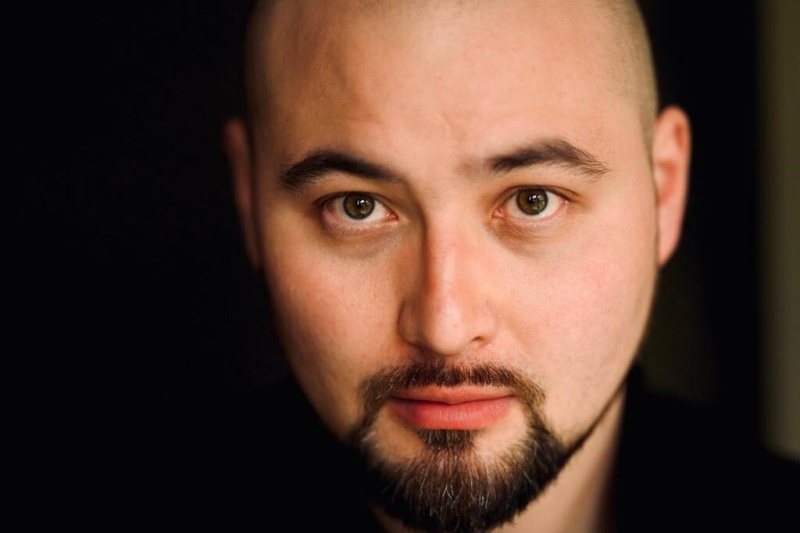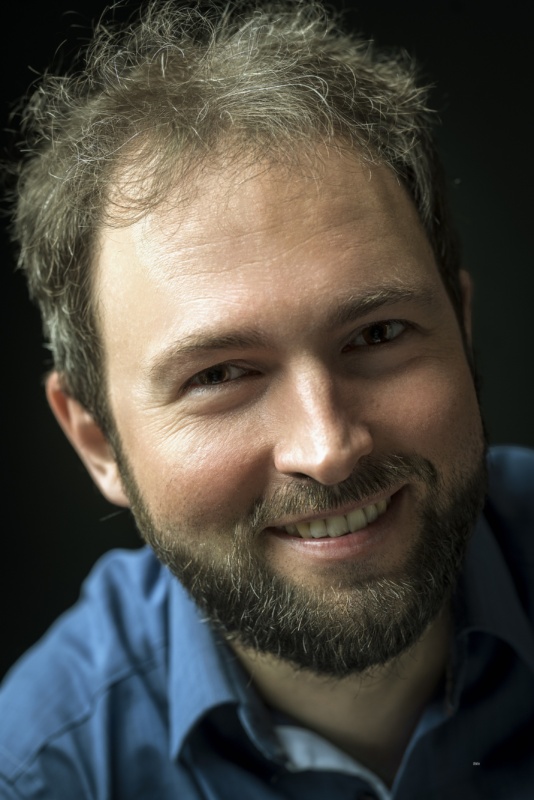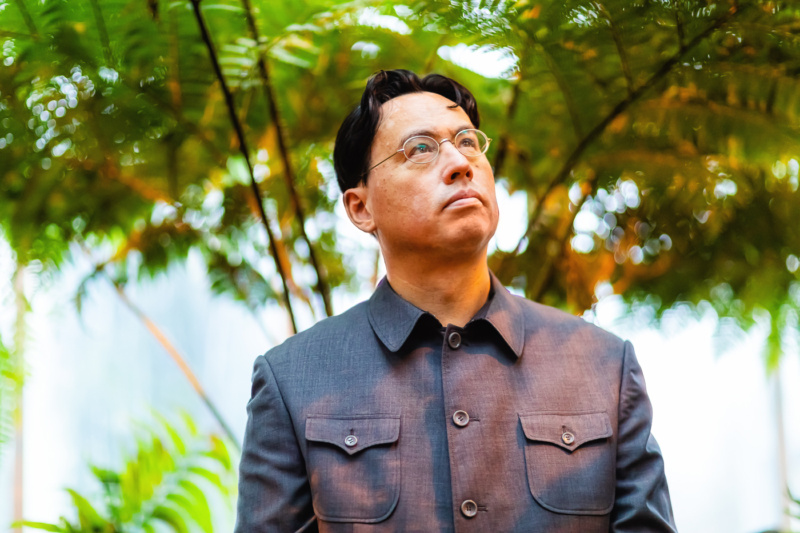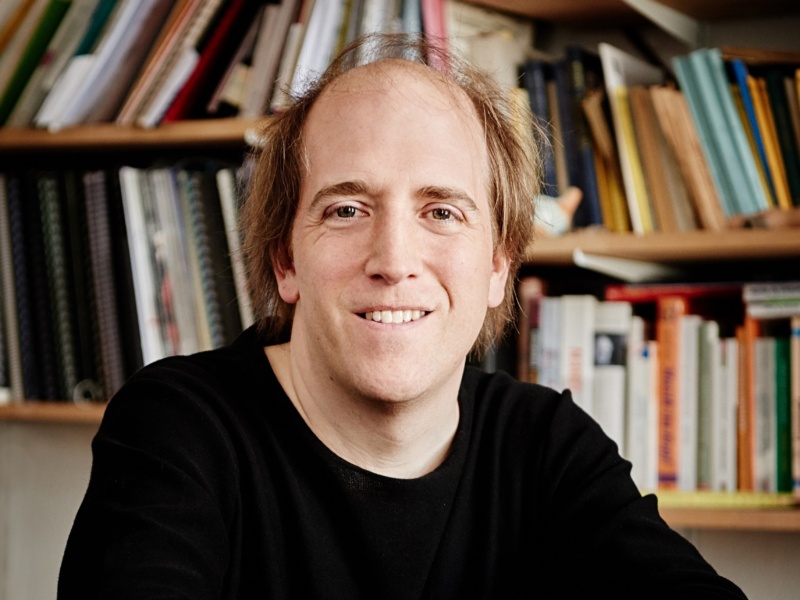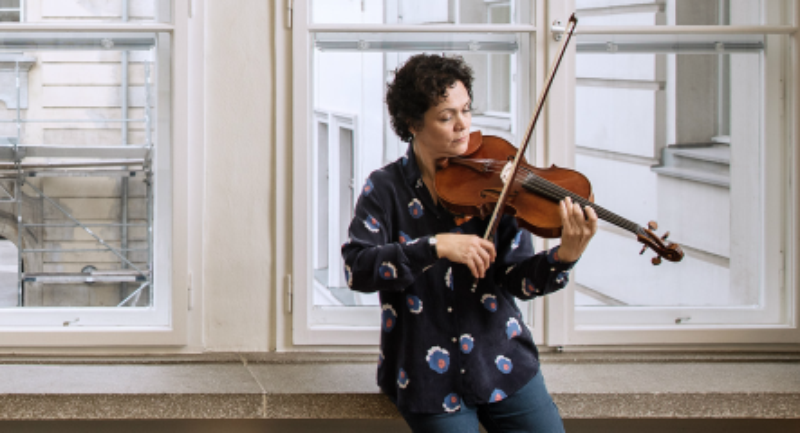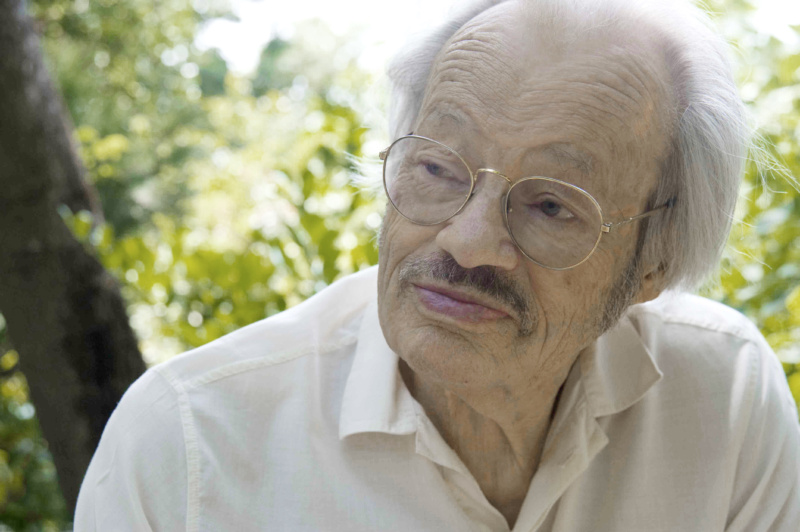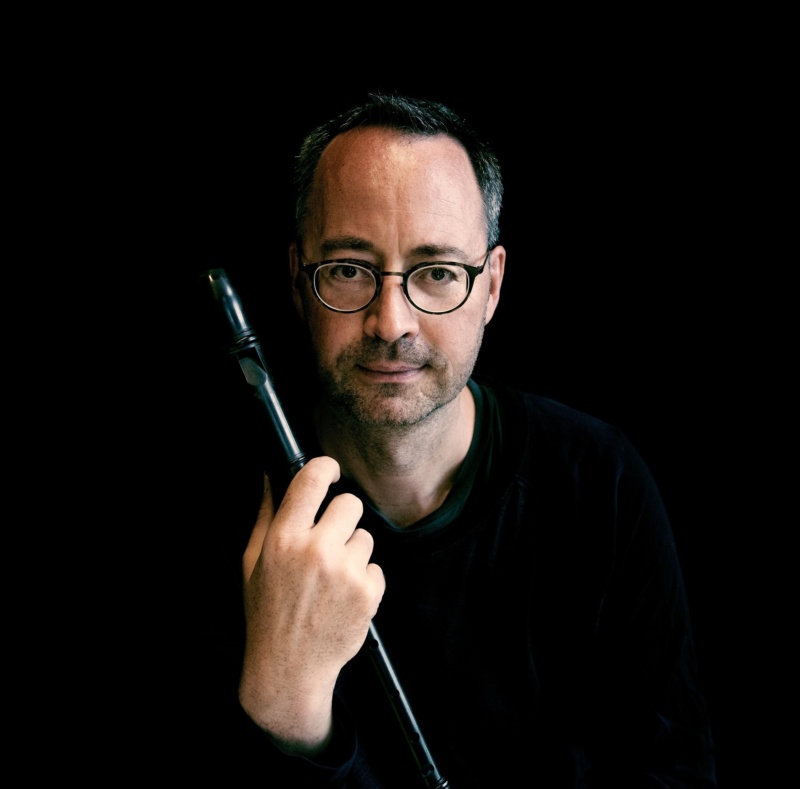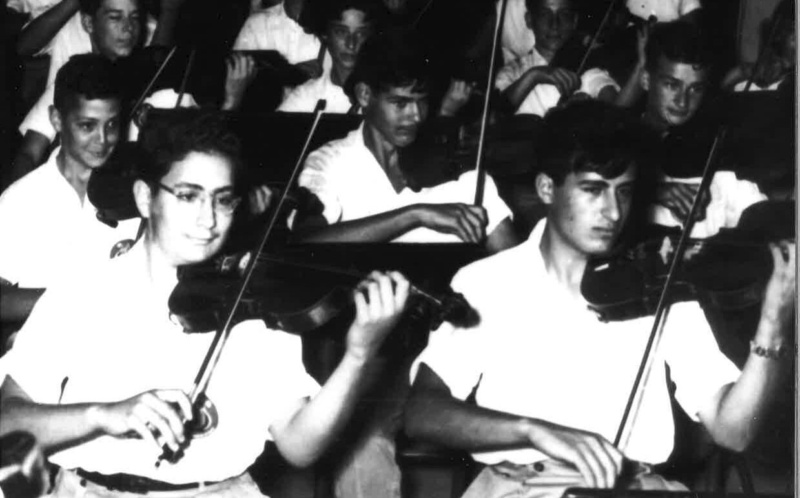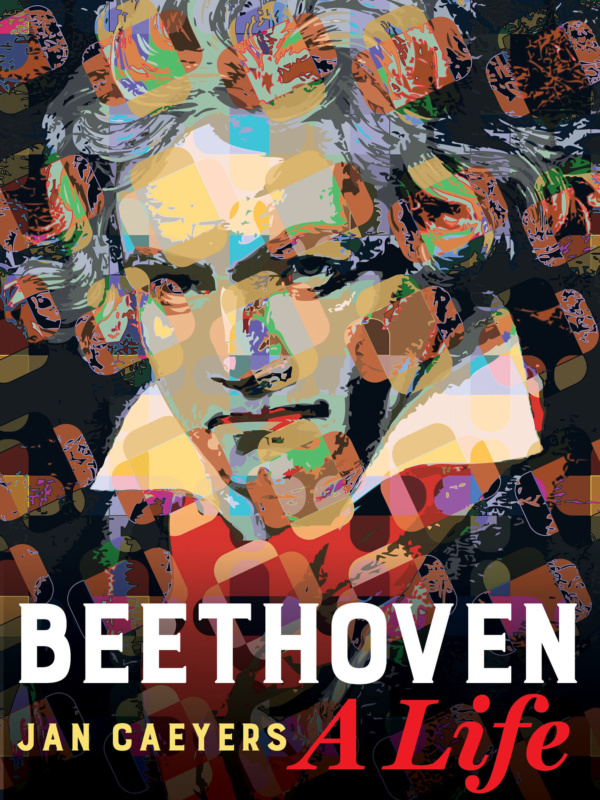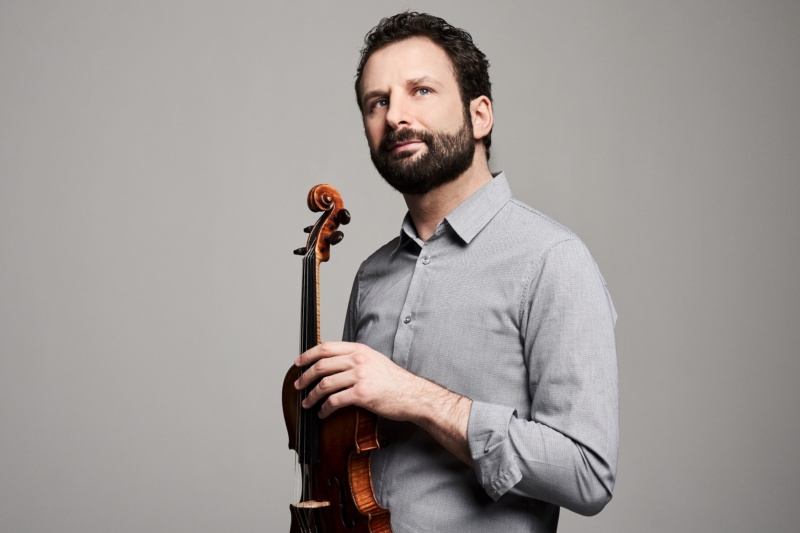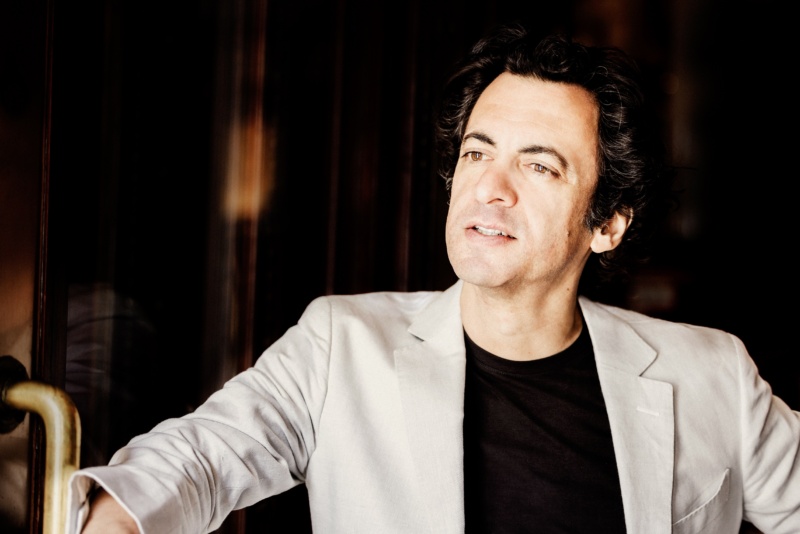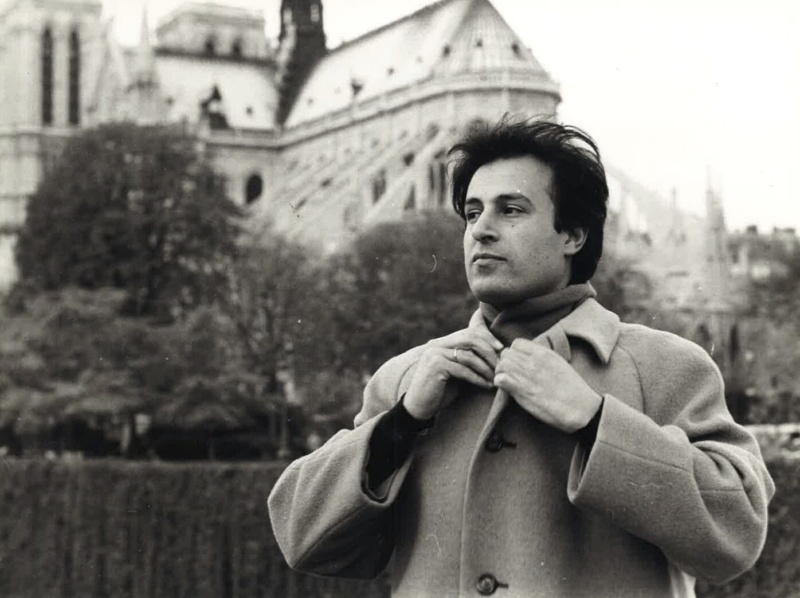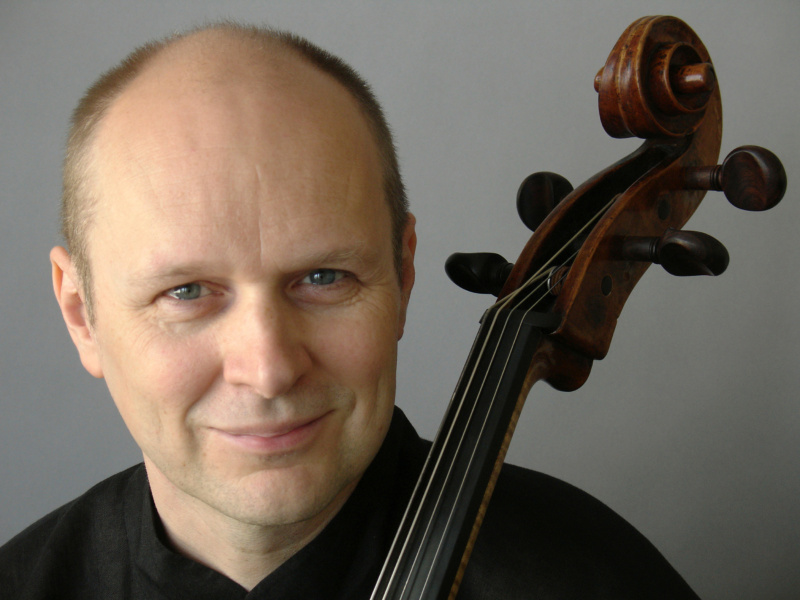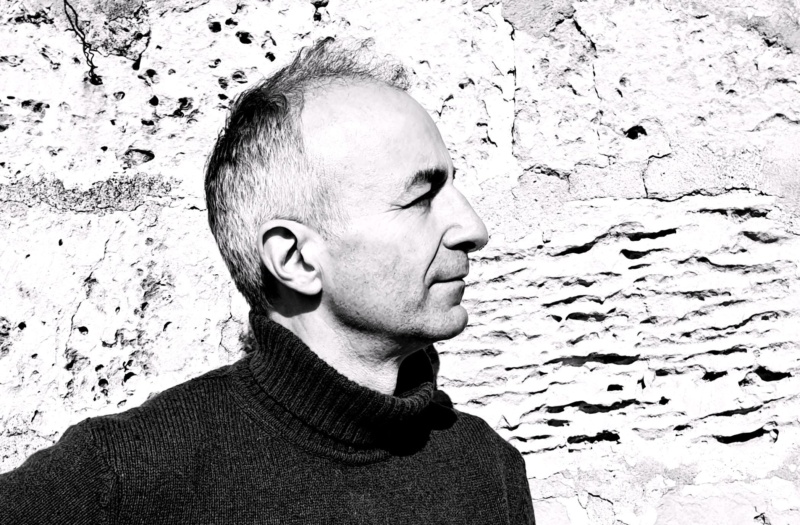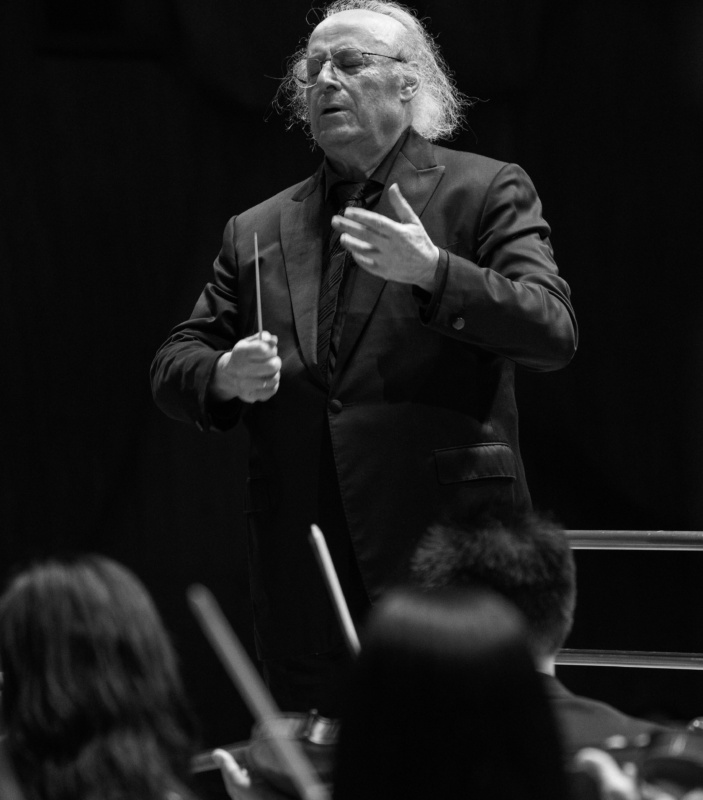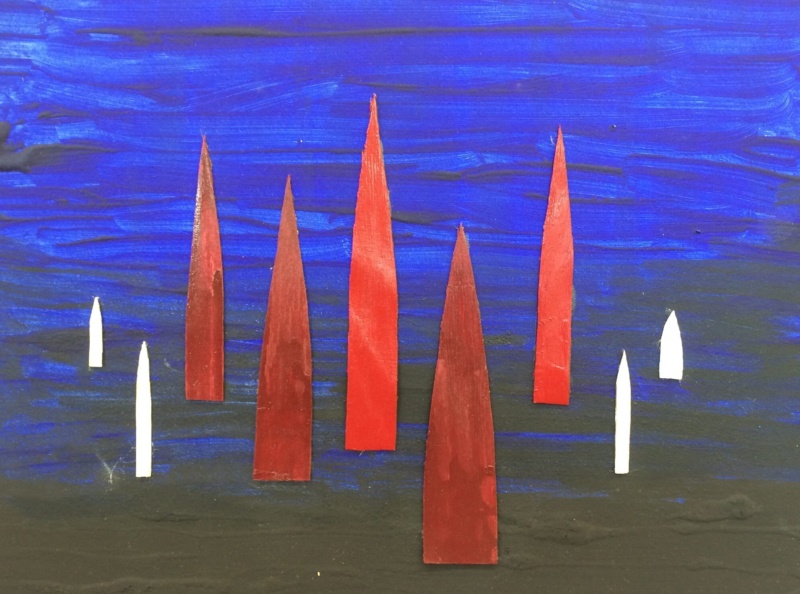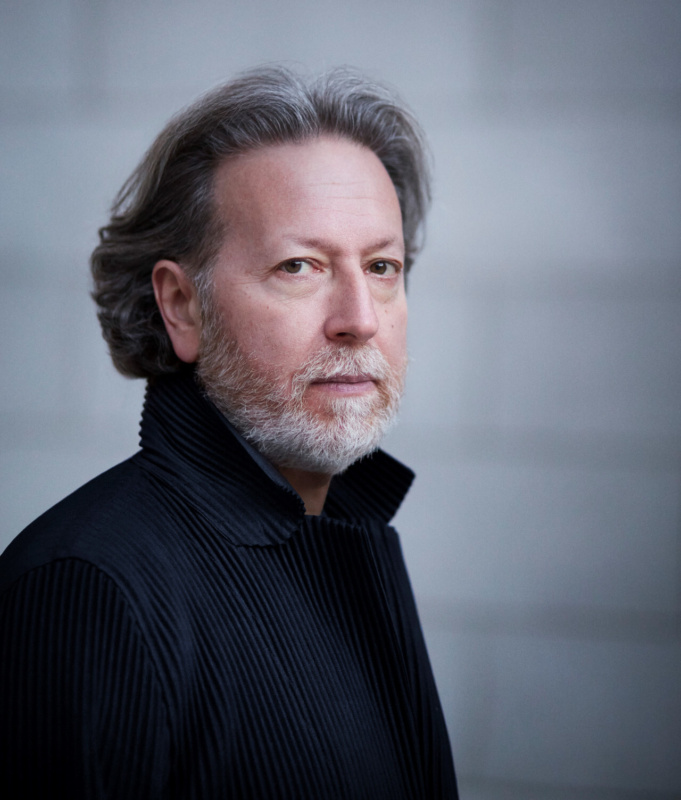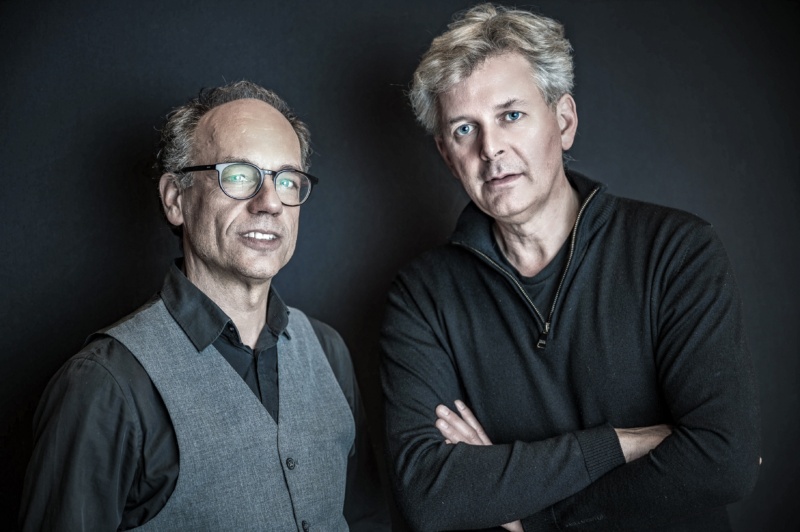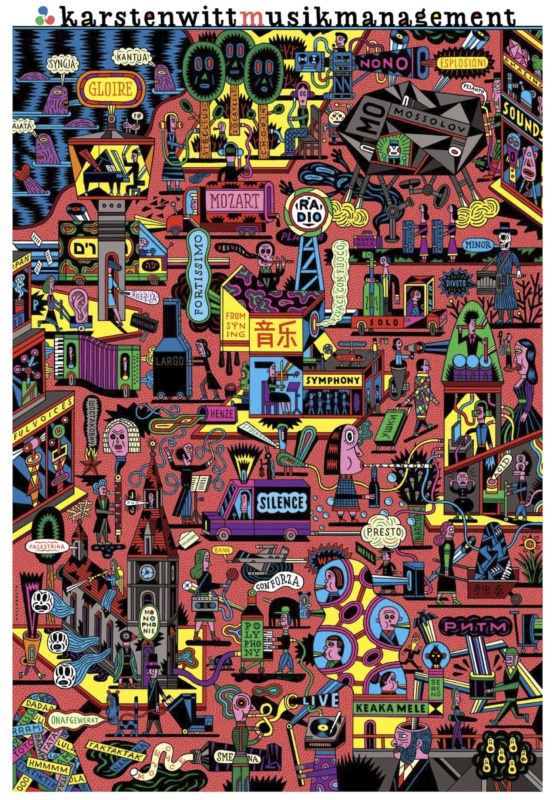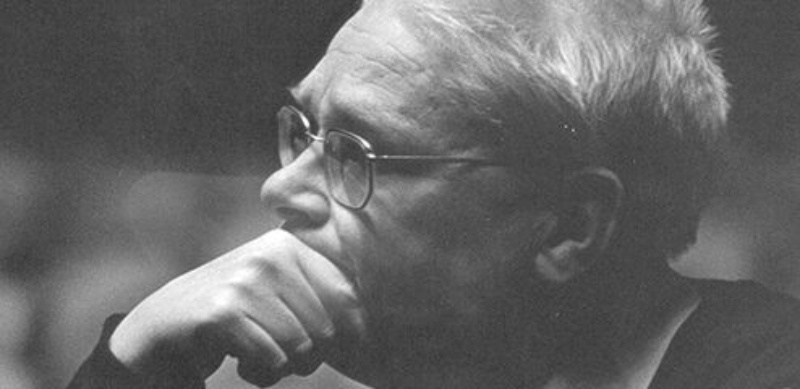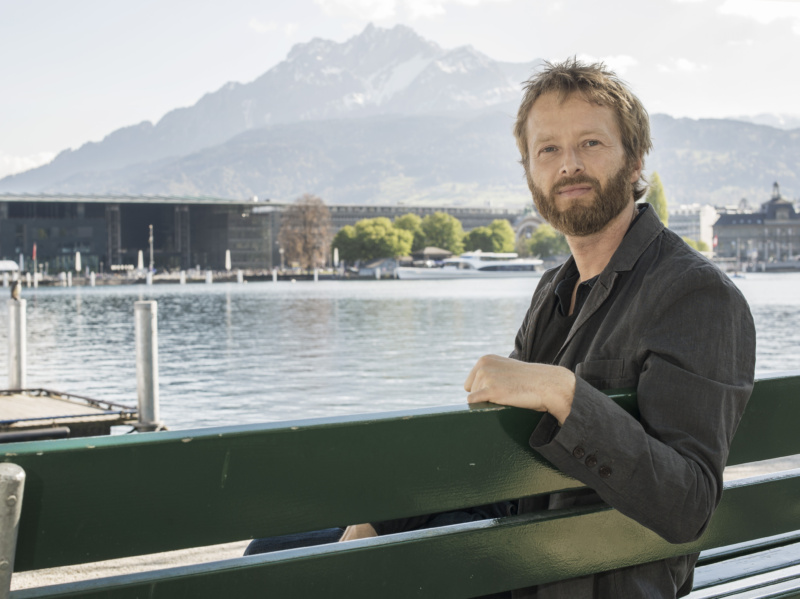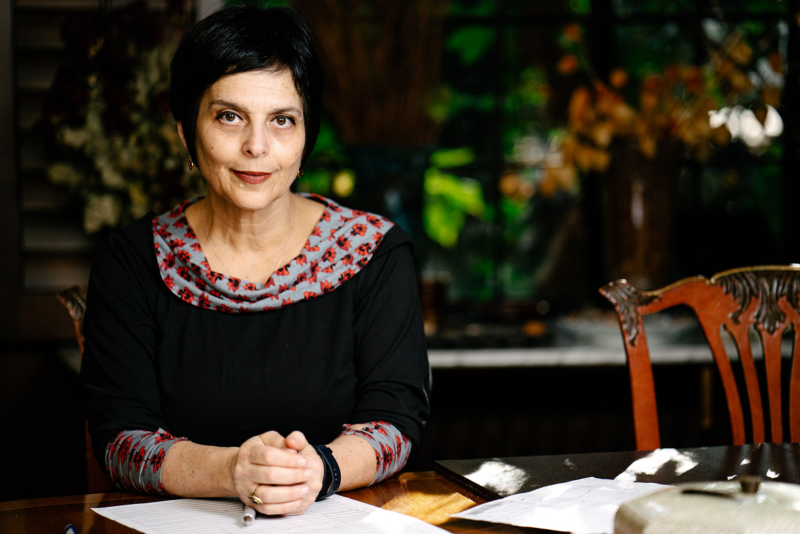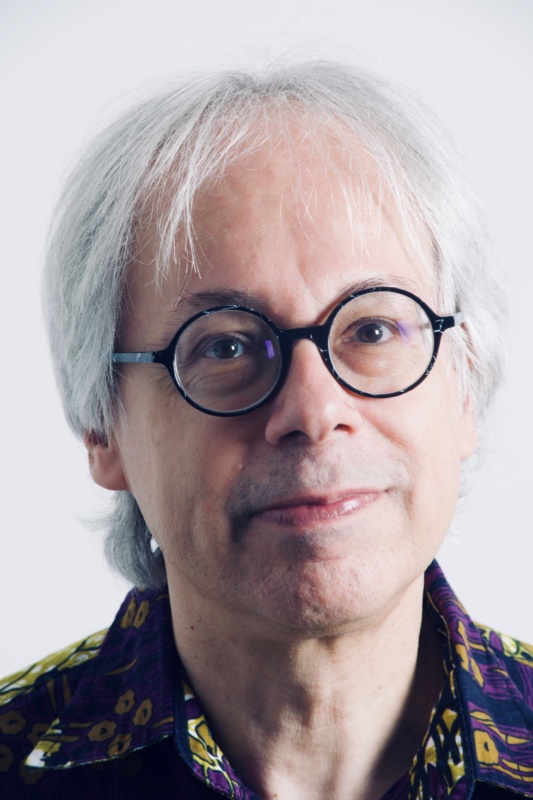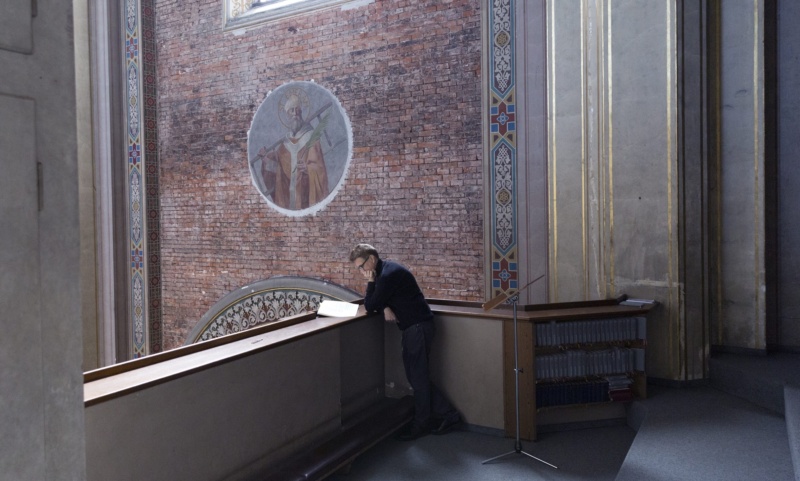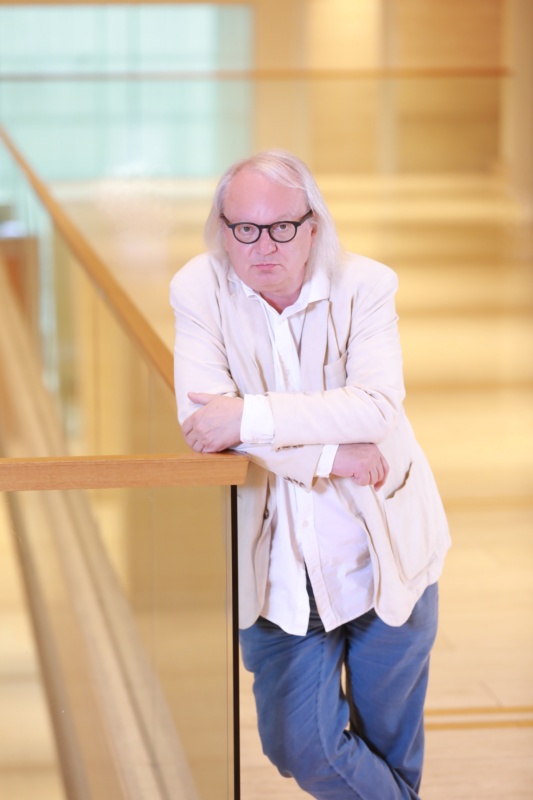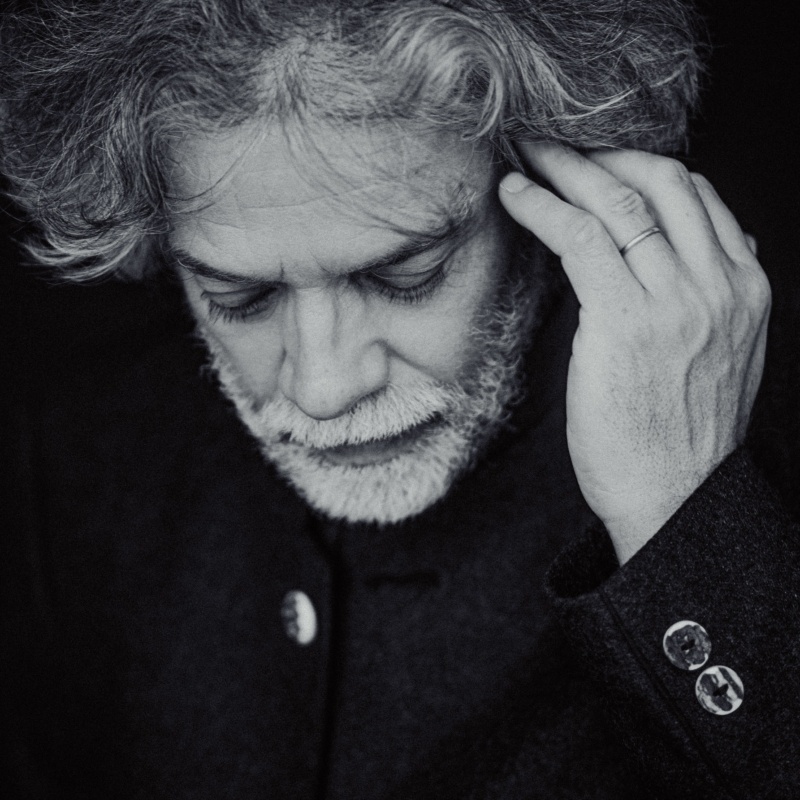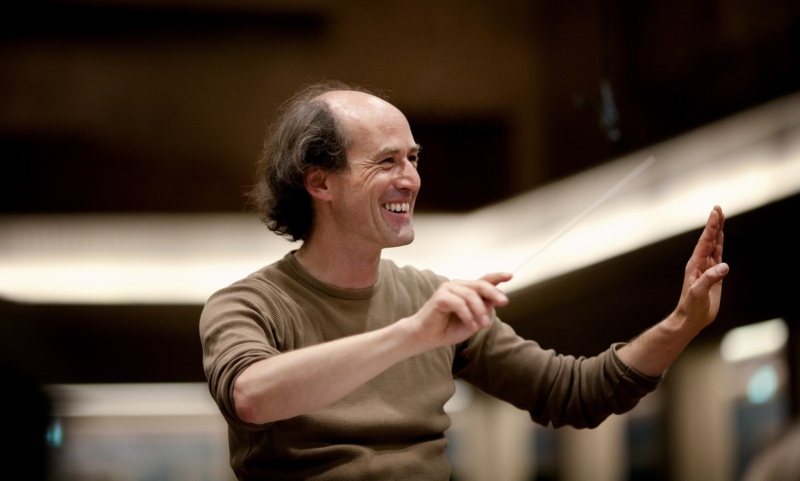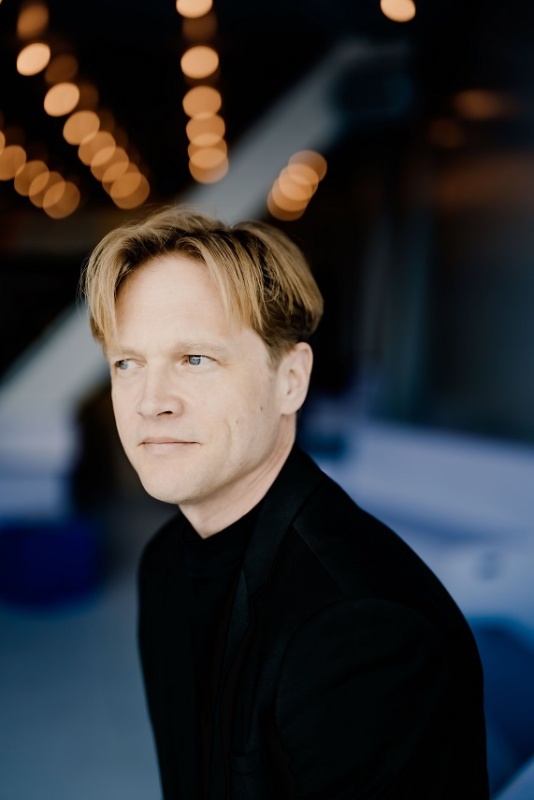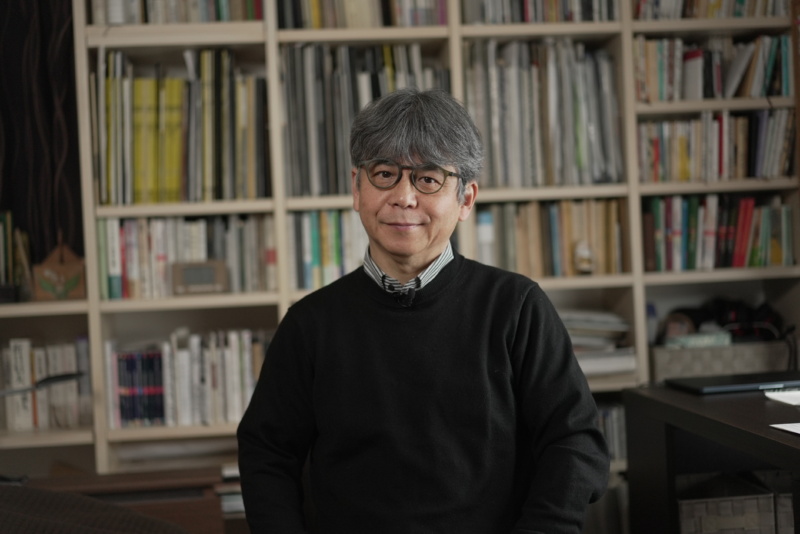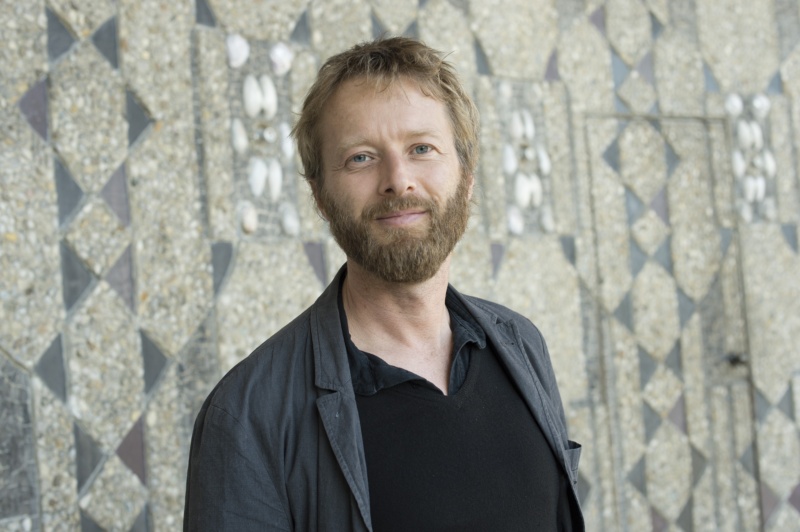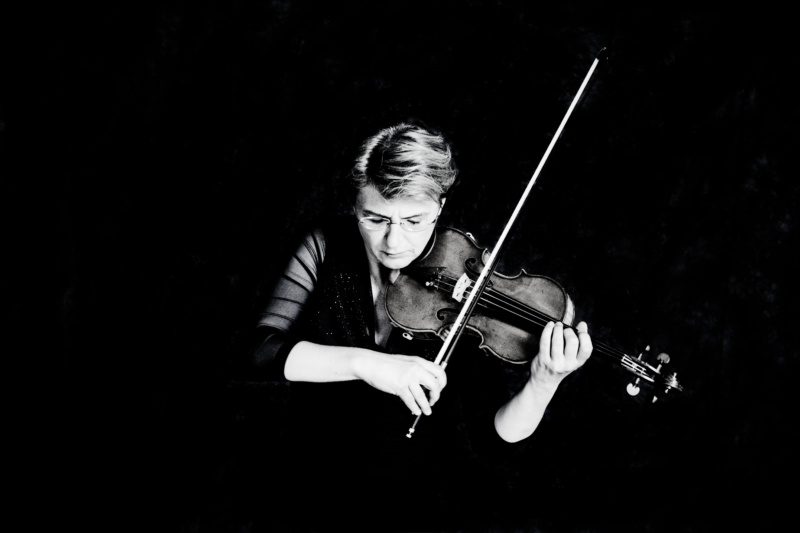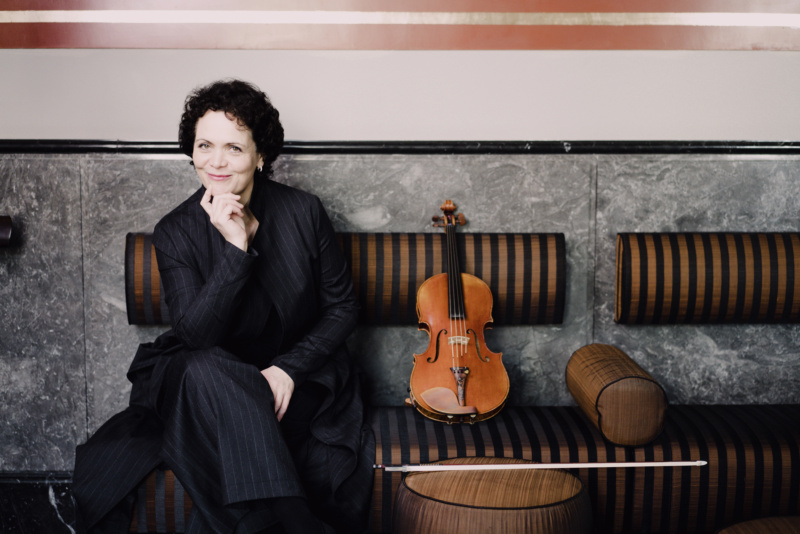Karsten Witt reported on the premiere for our magazine in August 2025:
Anyone who thought they knew Toshio Hosokawa's music was proven wrong by his new opera Natasha, which premiered in Tokyo on Monday. Perhaps the unambiguous statements of the protagonists prompted him to further radicalise his musical language. Perhaps he also strove for particular clarity and comprehensibility in his first opera to premiere in Japan.
While his works after Fukushima were already marked by grief over human loss and the destruction of our environment, this opera goes even further. It is not only a great lament, but also a decisive indictment of the gradual disappearance of life on our planet. In the two-hour opera, Natasha and Arato are confronted with the real hells of our time (dying forests, floods, unbridled growth, plastic waste, forest fires...), which drive them to despair. In the course of their journey together, however, a love affair develops between the two. Only when they come to rest – in silence – does hope begin to sprout. The opera ends with an image in which light can be glimpsed at the end of a long tunnel.
The work utilises all available means of expression: breathing, speaking (in various languages), sounds (including electronically generated ones), brass instruments in the hall, and, of course, Hosokawa's musical language is immediately recognisable. But this time, tonality is also incorporated. The singing is reminiscent of Schubert in places, there is a Mahler moment, and at the end (similar to Bernard Foccroulle's first opera Kassandra, which also deals with environmental destruction) Bach is heard.
The audience at the New National Theatre, which is otherwise rarely exposed to contemporary opera (the only ‘modern’ opera next season is Wozzeck), was deeply moved. During the subsequent hour-long discussion between conductor Kazushi Ono, director Christian Räth and Toshio Hosokawa, the entire stalls and first tier remained full.
___
Max Nyffeler reported on Natasha for the FAZ newspaper, stating: ‘Music and staging merged into a single entity. And what should not be underestimated is that this was a rare example of a contemporary stage work that never allowed boredom to set in.’
You can find composer's notes by Toshio Hosokawa about his new opera here in our magazine.
